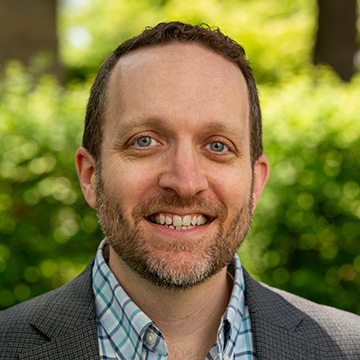Policy Discourse and Decision Making
A Message From Daniel Galvin, Program Chair

From the partisan divide on COVID-19 to systemic racial injustices to impediments to democratic participation, political institutions are being tested like never before. IPR faculty examine how political, social, and economic dynamics affect institutional operations and decision-making processes in the United States. Researchers analyze the interplay between political institutions, political behavior, and public policies.
Working Papers
Recently published articles and working papers in this program area include:
Sadia Farzana, Andrew Owen, John Meurer, Ronald Ackermann, and Bernard Black. 2026. The Effect of Medicaid Expansion on Diagnosis, Care, Treatment, and Health for Persons with Diabetes: Evidence from Medicaid Expansion in Wisconsin (WP-26-04).
Burton Weisbrod. 2025. Financial Rewards for Health Care Program Outcomes and Why They Can and Do Lead to Undesired Results (WP-25-09).
Charles F. Manski, John Mullahy, and Atheendar Venkataramani. 2025. Prediction with Differential Covariate Classification: Illustrated by Racial/Ethnic Classification in Medical Risk Assessment (WP-25-04).
Faculty Experts
Representing the fields of political science, economics, social policy, psychology, and sociology, faculty delve into the worlds of politics, institutions, and policymaking.
Events
IPR Panel: Evidence into Impact: Research at the Policy Table, Health Policy
Panelists:
Olusimbo (Simbo) Ige, MD, MPH, Commissioner, Chicago Department of Health
Matthew Smith, MPP, Chief Policy Officer, Illinois Department of Public Health
Emma Adam, Edwina S. Tarry Professor of Human Development and Social Policy and IPR Fellow
Moderator:
Thomas McDade, Carlos Montezuma Professor of Anthropology and IPR Fellow and Director of IPR's Cells to Society: The Center on Health Inequalities



